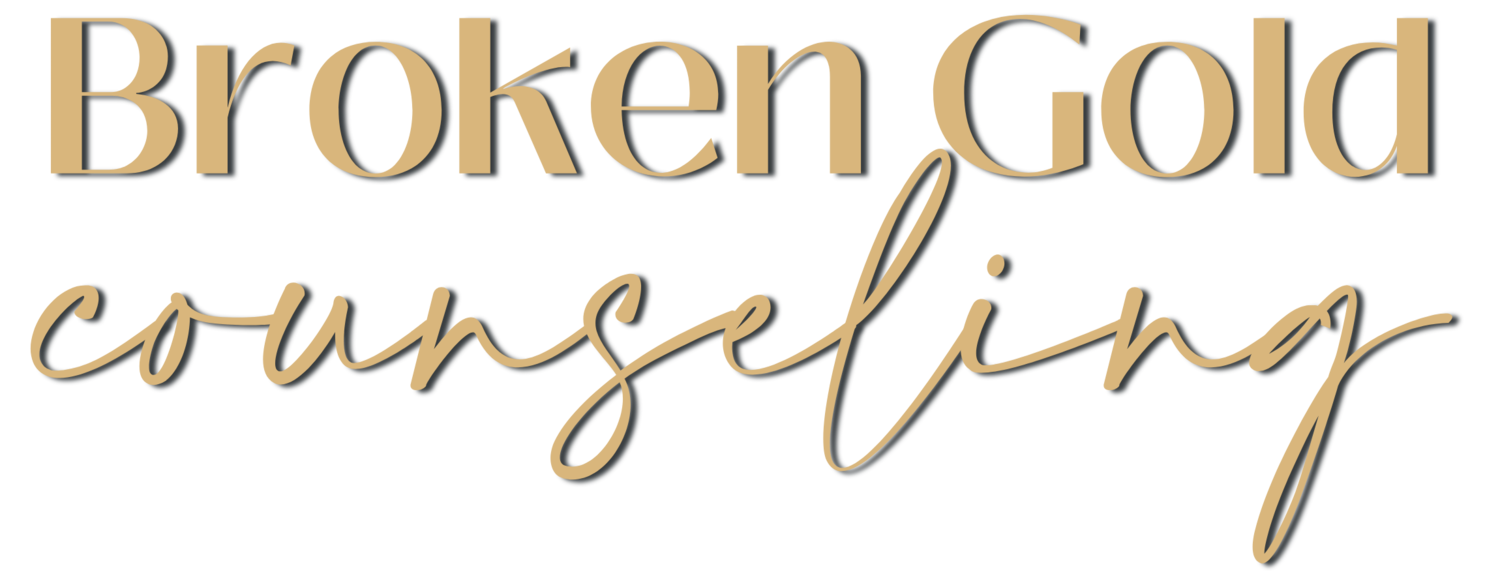Ch-ch-ch-ch-changes
One thing I hear, often, as a therapist is “Therapy didn’t help” or “I/we went to therapy but nothing changed.” Change is a funny thing, because when it comes to behavior, it doesn’t just happen to us without our conscious awareness. Now, Pavlov’s dogs might argue that they weren’t aware they were being trained to salivate at the sound of a bell, but when it comes to our relationships and conscious behavior, we have to recognize that what we are doing is ineffective and want to change in order for change to be able to take place.
The Transtheoretical Model of Change (TTM) is an integrative theory of therapy that can assess an individual’s readiness to act on healthier behaviors and provide appropriate change strategies or processes to guide the individual depending on how ready the individual is to make change.
There are five stages of change within this model:
Those in the first stage are not ready to make healthier changes in their behavior. They may not be aware that their behavior is ineffective or harmful or they may underestimate the value of changing. In the contemplation stage, people may be aware their behavior is problematic and may be weighing out the pros and cons of changing behavior, but the pros may not out number the cons, so they remain ambivalent. Once people are ready to make change in the immediate future, they have reached the preparation stage and may begin to make small steps towards change.
While progression through stages is typically cyclical, as opposed to linear, people have to progress through these stages sequentially, and cannot skip stages. Someone who is precontemplative will not move to the action stage, without first going through contemplation and preparation. However, at different times people may regress to previous stages. What is interesting about this model is that it shows how misguided interventions in therapy will never work if a person is not at the appropriate stage. For example, action-oriented changes strategies will not serve the client that is pre-contemplative. What does this mean for people considering if therapy is right for them?
Two things:
If you had therapy in the past and it did not “work” and change did not happen, this does not necessarily mean that it was your fault or that therapy cannot be beneficial for you in the future.
How well therapy works depends a lot on how ready you are to make changes, and the type of work being done in therapy between you and the therapist. Is the work of therapy appropriate to your stage of change?
Yes, other factors are important, such as the rapport and relationship between client and therapist, therapy methods, and environmental factors outside of therapy. However, before you decide how well therapy is working and whether or not the desired changes are taking place, it is important to examine where you are in terms of readiness to change and, then, determine if the work of therapy is appropriate to your readiness to change.
“Ch-ch-ch-ch-changes, turn and face the strange”
“And the day came when the risk to remain tight in a bud was more painful than the risk it took to blossom”



